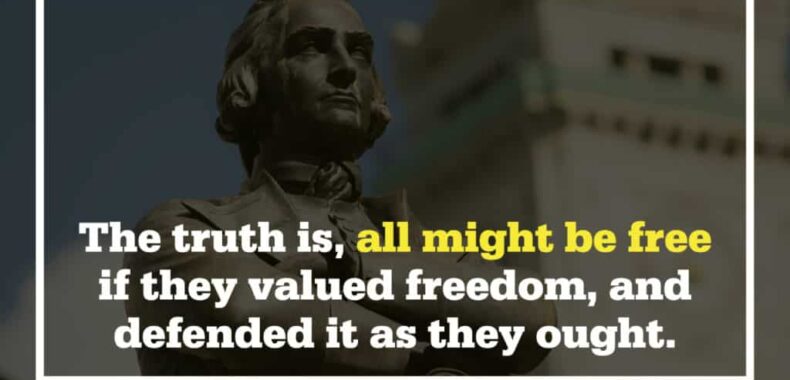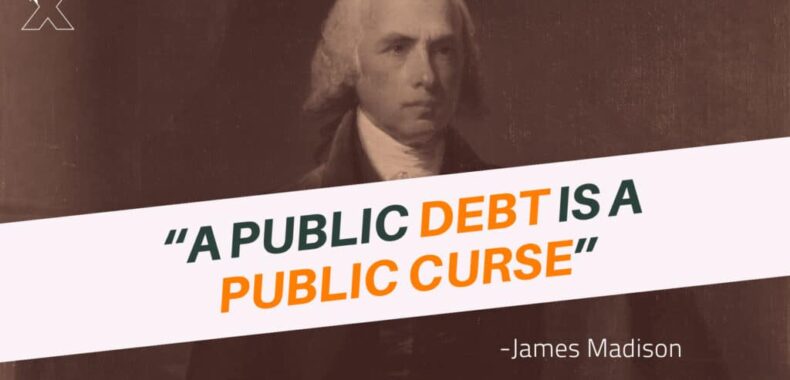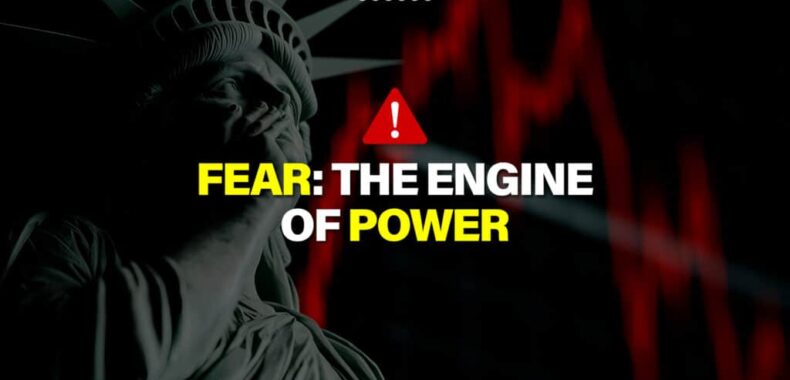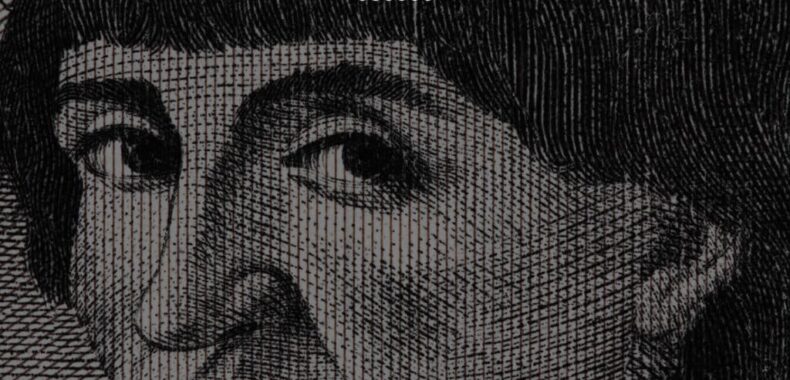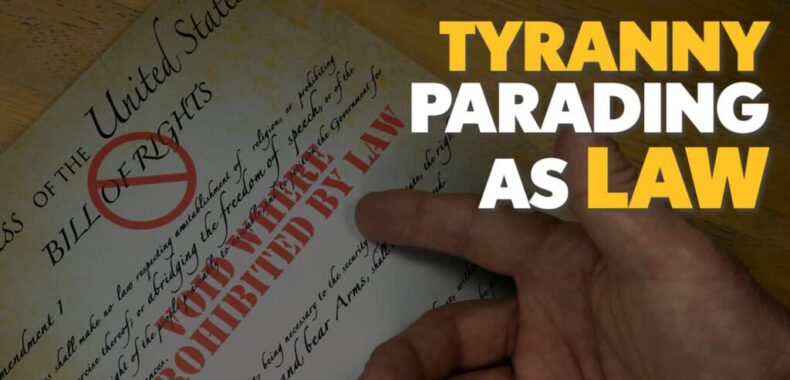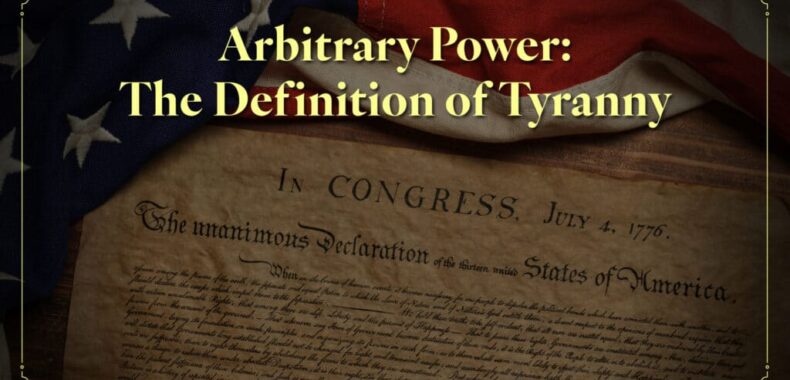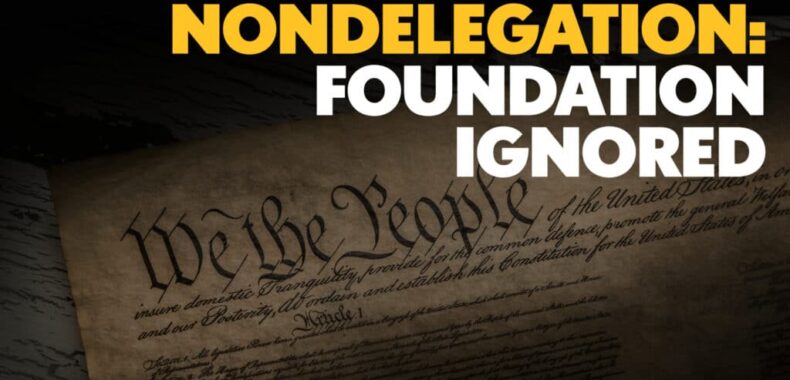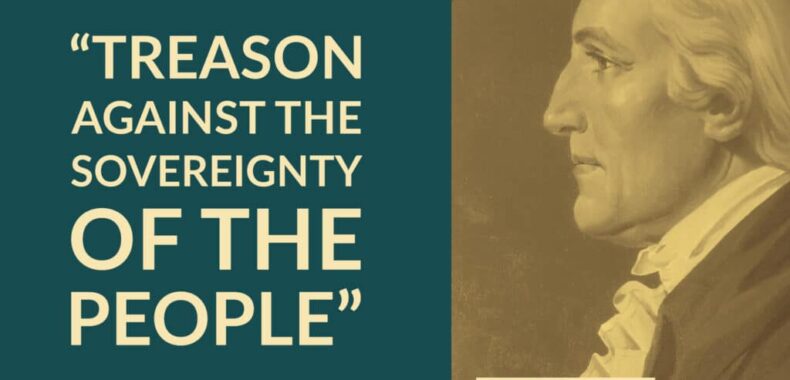The Founders on What Really Makes a “Land of the Free”
By: Michael Boldin “All might be free if they valued freedom, and defended it as they ought.” Samuel Adams penned these words with the kind of clarity that makes modern ...
Read more.National Debt and the Destruction of Liberty
By: Michael Boldin “I go on the principle that a Public Debt is a Public curse” James Madison didn’t see public debt as a mere policy debate or a nuisance ...
Read more.Fear: The Engine of Power
By: Michael Boldin “Fear is the foundation of most governments.” John Adams was right – except for one word. Not “most.” From ancient empires to modern regimes, the story never ...
Read more.Fear: The Engine of Power
By: Michael Boldin “Fear is the foundation of most governments.” John Adams was right – except for one word. Not “most.” From ancient empires to modern regimes, the story never ...
Read more.The Influence of Machiavelli on the Founding Fathers of the United States
By: Joe Wolverton, II When discussing the intellectual influences on the Founding Fathers of the United States, one typically hears names such as Locke, Montesquieu, and Blackstone. However, one influential ...
Read more.How Tyranny Parades as Law
By: Michael Boldin “Law is often but the tyrant’s will and always so when it violates the rights of an individual.” Thomas Jefferson warned us. The biggest crimes against liberty ...
Read more.Precedent: Letting Yesterday’s Crimes Justify Tomorrow’s Tyranny
By: Michael Boldin “One of the vilest systems that can be set up.” That’s how Thomas Paine described government by precedent – when government uses power not because it’s authorized, ...
Read more.Arbitrary Power: The Definition of Tyranny
By: Michael Boldin “The curse and scandal of human nature.” That’s how James Otis, Jr. described arbitrary power. It wasn’t just a sign of tyranny, or a step toward it. ...
Read more.Nondelegation: The Constitutional Principle Almost Everyone Ignores
By: Michael Boldin “The very definition of tyranny.” That’s how James Madison described the consolidation of legislative, executive, and judicial power in the same hands. This wasn’t just a warning. ...
Read more.Not Just Bad Policy: The Founders Called it Treason and War
By: Michael Boldin Treason. Invasion. Conquest. That’s how the Founders and old revolutionaries described usurpation – power stolen, not delegated. And it wasn’t just rhetoric. It was a foundational, and ...
Read more.